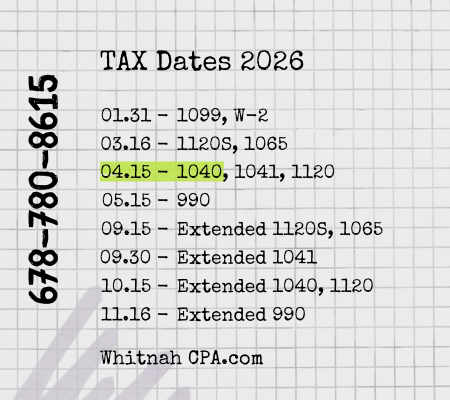Legal marijuana - Tax and Ethical issues.
- Iryna Whitnah
- Jul 31, 2018
- 2 min read
Updated: Jul 31, 2020
Legal marijuana - Tax and Ethical issues. Can you as a CPA represent a business engaged in the legal marijuana industry?
The legal marijuana industry is a big and growing business. Legalized sales of marijuana in the U.S. totaled up to $6.1 billion in 2017 and could rise to $13.7 billion by 2021. Under the CSA it is illegal to manufacture, distribute, or dispense marijuana. Many states also impose similar restrictions. The Federal government lists marijuana as a Schedule I controlled substance in the U.S. As such, financial institutions that provide services to marijuana-related businesses face intense pressure from Federal authorities. There are also obvious tax and ethical related issues.

Some State Board of Accountancy don't comment on the issue, and some don't find anything wrong with CPA providing services to state-legal marijuana businesses that are operating legally under applicable law. However, to precaution CPA practitioners there can be some Federal related issues. The common ethical related statement from Board of Accountancy is that representing businesses in the legal marijuana industry is not unethical, but if you found guilty under Federal or State law you are going to lose your CPA license.
What about Tax implications? IRS Section 61 defines "gross income" as income derived from any source of activities including legal or illegal. IRS Section 280E provides that no deductions or credits shall be allowed for any amount paid or incurred in carrying on any trade or business consisting of trafficking or controlled substances prohibited by Federal law. And as marijuana is a Schedule I controlled substance under the CSA meaning, there are no deductions or credits allowed for any amount paid or incurred for carrying this business. So a taxpayer operating in marijuana business is a subject to tax on its gross income and cannot deduct any business ordinary and necessary expenses related to carrying the business. However, IRS Section 280E does not apply to COGS, and COGS is allowed.
The code is not favorable toward individuals who are using marijuana for medical purposes, considering that these medical expenses are nondeductible even if you have a doctor's prescription.




Comments